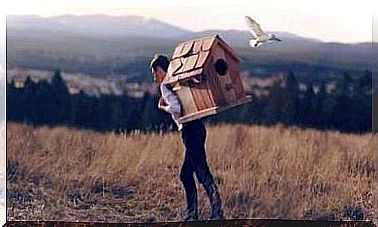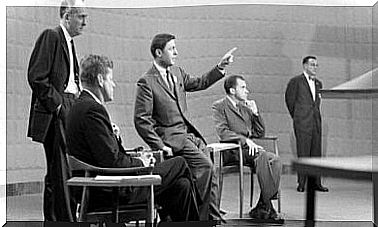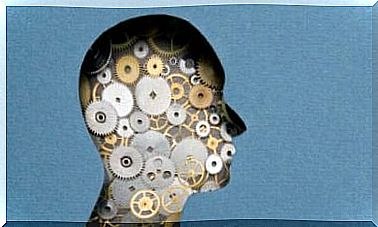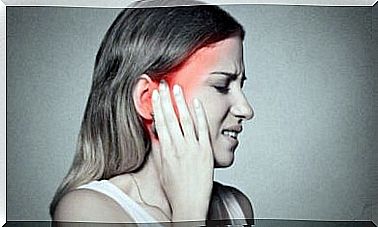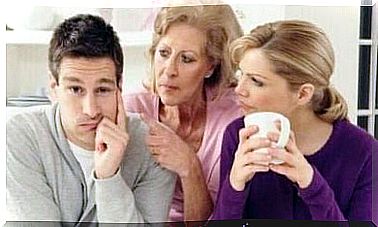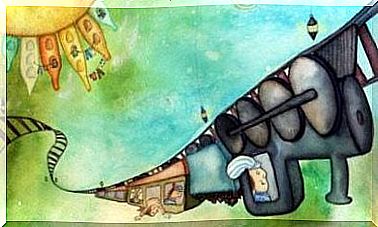Escape Rooms And Psychology
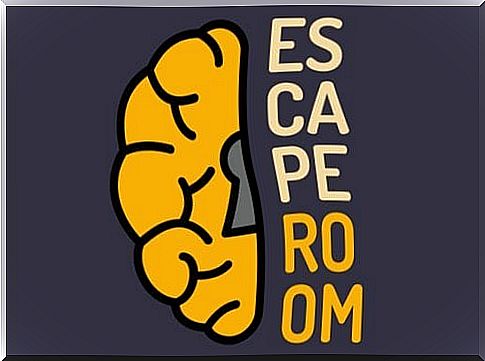
Escape rooms are a new trend. Escape rooms and psychology are connected because psychology plays a fundamental role. In this game, a group of people locked inside a room must find the key that will allow them to escape. They do this by following a series of tracks and by solving puzzles. Moreover, they have only limited time to find the key.
In this adventurous game , psychological processes are combined with physical activity and social cooperation. Additionally, these types of activities show how teamwork helps solve problems that could not be solved by a single person (or at least not within a reasonable amount of time).
These tasks allow us to realize that we need to trust other people and cooperate with each other.
What happens in an Escape Room?
Escape rooms transport us to a parallel universe where we are detectives and explorers. We start by listening to a story that changes from room to room. It only takes a few seconds before we begin to feel like the protagonists of this adventure.
Suddenly, and almost without realizing it, we have a mission to accomplish with our teammates: to escape.
This is where the game begins. We need to find a way out of space within 60 minutes. The lead wires can be anywhere: During tables, hidden inside books inside the drawers with false bottoms, etc . A good strategy is to delegate the tasks among the group members.
Then you can write down the dozens of tracks that you all find that will help the team’s progress.
Although escape rooms were originally designed for adults, children aged 14 and up can participate as long as they are accompanied by an adult. This makes escape rooms a great and fun activity that players of different ages can do together. There are also escape rooms exclusively for children.
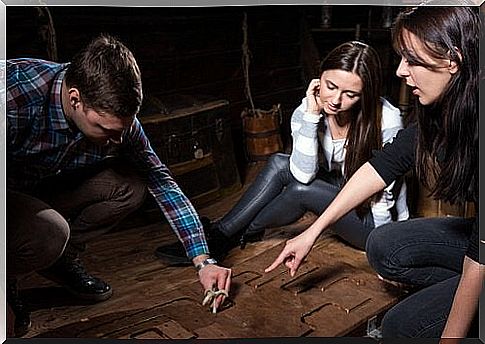
Origin of Escape rooms
Escape rooms appeared in the first PC games. As an alternative to the low graphics capacity of the first PCs, so-called conversation games were designed. Here, a situation or an interaction with a character was described in writing, put together with a single still image.
At the end of each situation, different options appeared, which allowed the players to make decisions based on the situations described. And based on the decisions the players made, the game unfolded in different directions.
Many of these conversation games were essentially the same as escape rooms. You had to make the right decisions to save your life, save the princess’ life, escape from prison or kill an evil enemy. These games have evolved over time, and perhaps they have also lost their essence, due to the incredible graphics of today’s games.
However, the game’s format again became popular with the development of smartphones. In Japan, live escape games took place in real spaces in 2008.
Escape rooms and psychology
But the first escape room opened its doors in Budapest, Hungary in 2011, thanks to Attila Gyurkovics. This Hungarian man created a game called Parapark, where a group of people had to find a way out of a room for a limited time.
Gyurkovic developed his escape rooms based on the flow of psychologist Mihaly Csikszentmihalyi.
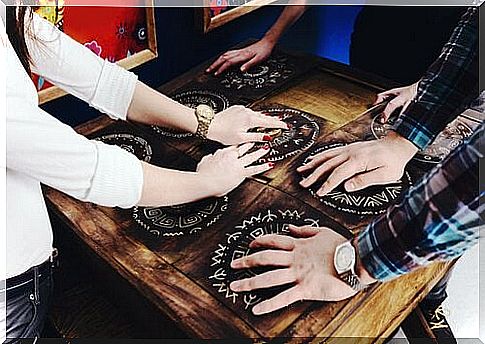
Flow is a state in which a person is completely engaged in an activity for their own pleasure or enjoyment. Time flies and actions, thoughts and movements follow one another. Flow is when we find a balance between the challenges of the task or activity, and our skills to solve them.
Flow theory says that if we perform an activity for our own enjoyment, and experience a balance between our abilities and the challenges we face, we enter a mental state where everything flows. At this point, time seems to move very fast and ideas pop up freely in our minds.
Escape Rooms and psychology about flow
Many say they have begun to feel this kind of flow, as described by Csikszentmihalyi’s flow theory, by participating in an escape room. Escape rooms are recreational rooms where the sole purpose is for the players to feel good and accept the challenge. Therefore, escape rooms are comfortable in themselves, whether we succeed in finding the key or not.
Having to go through a process where we feel instant satisfaction with every success (finding a key to open a drawer, solving a puzzle or opening a lock) satisfies us, and encourages us to keep playing, and focus on the challenge of hand while all our worries disappear for a while.



